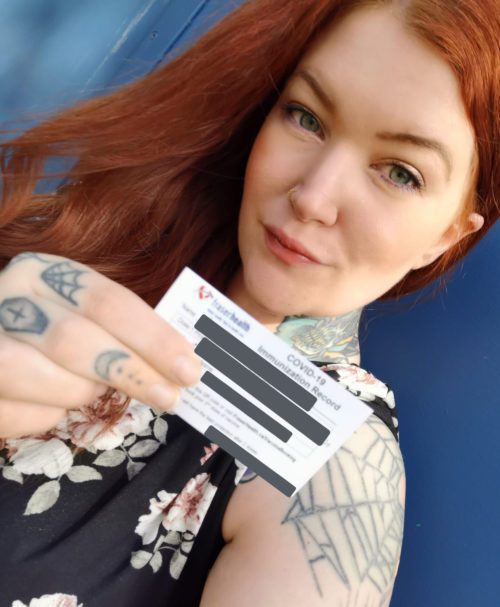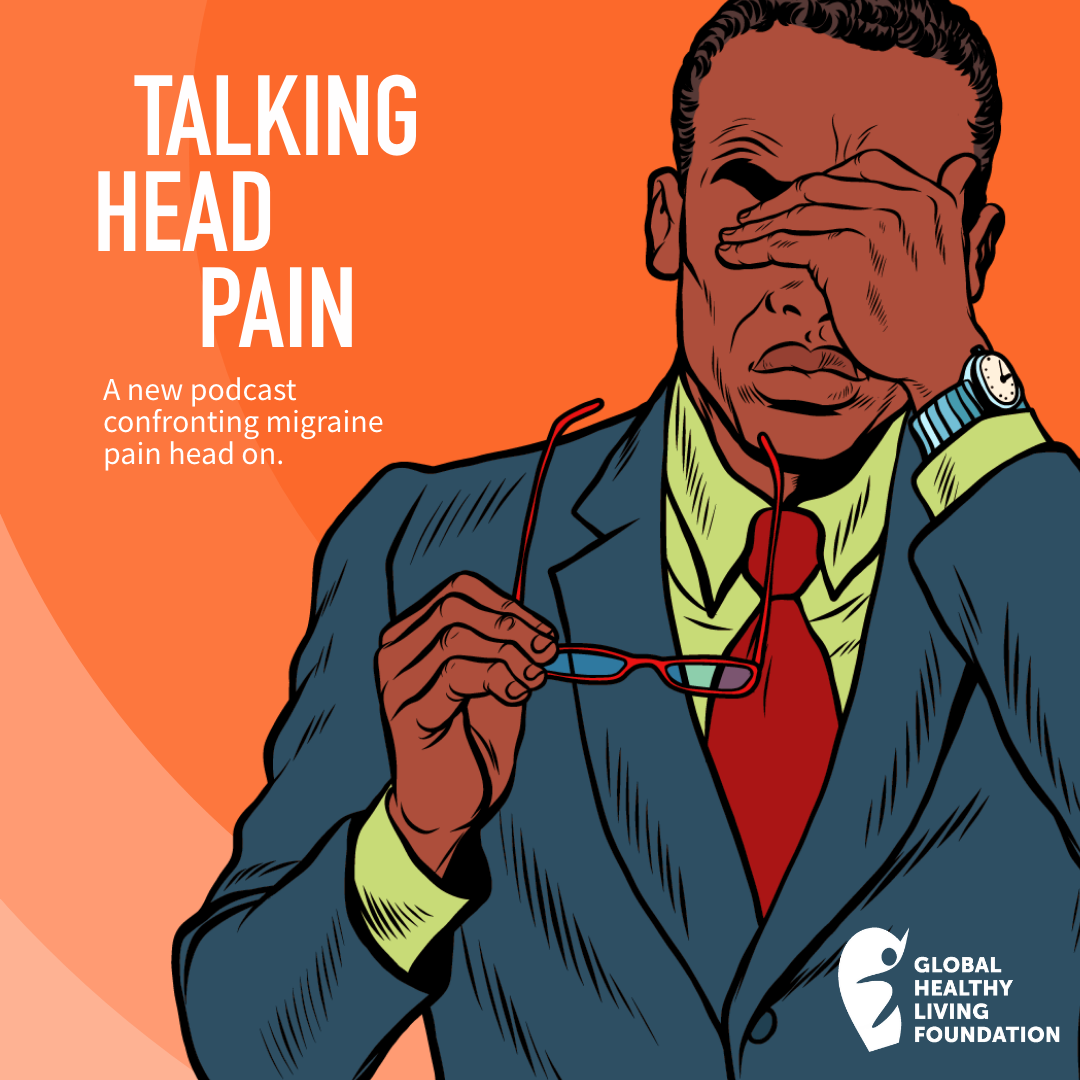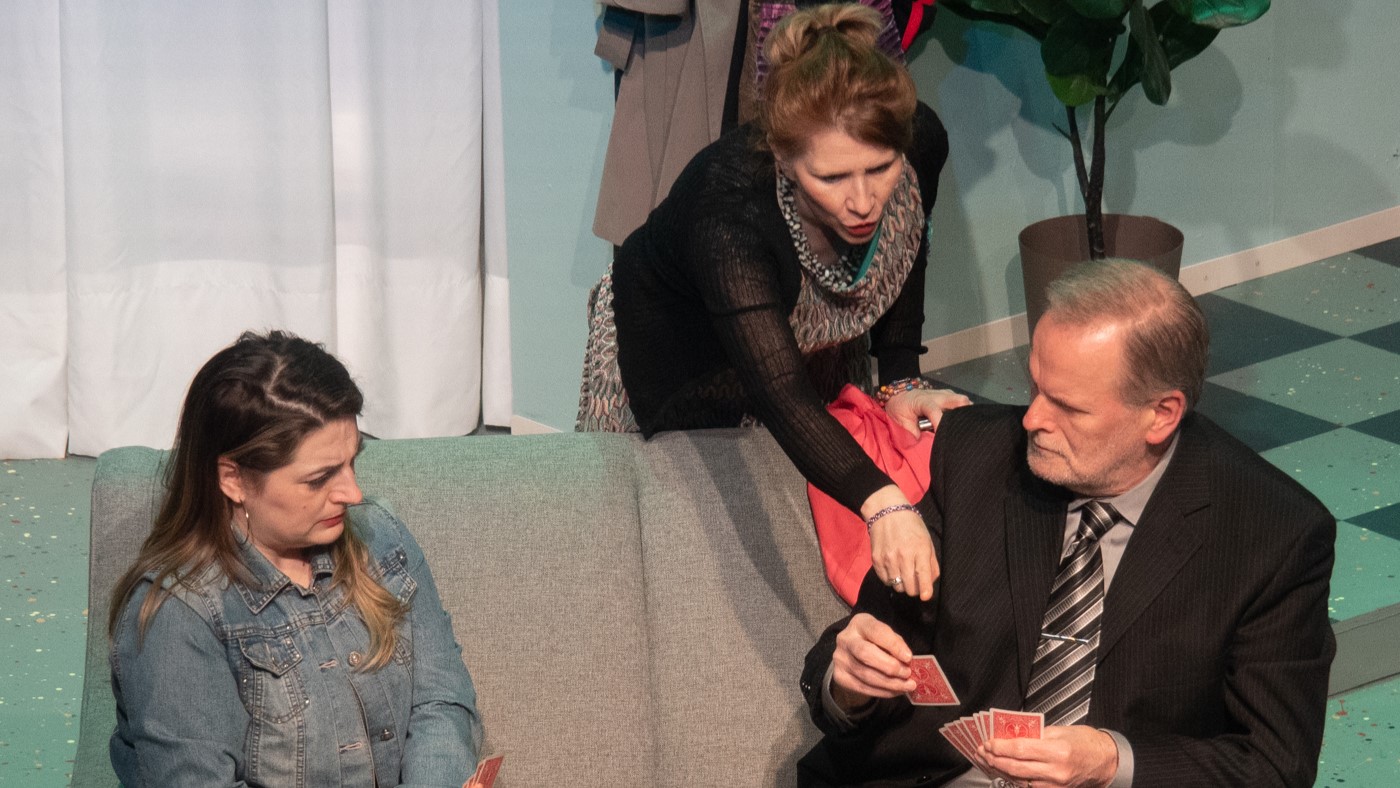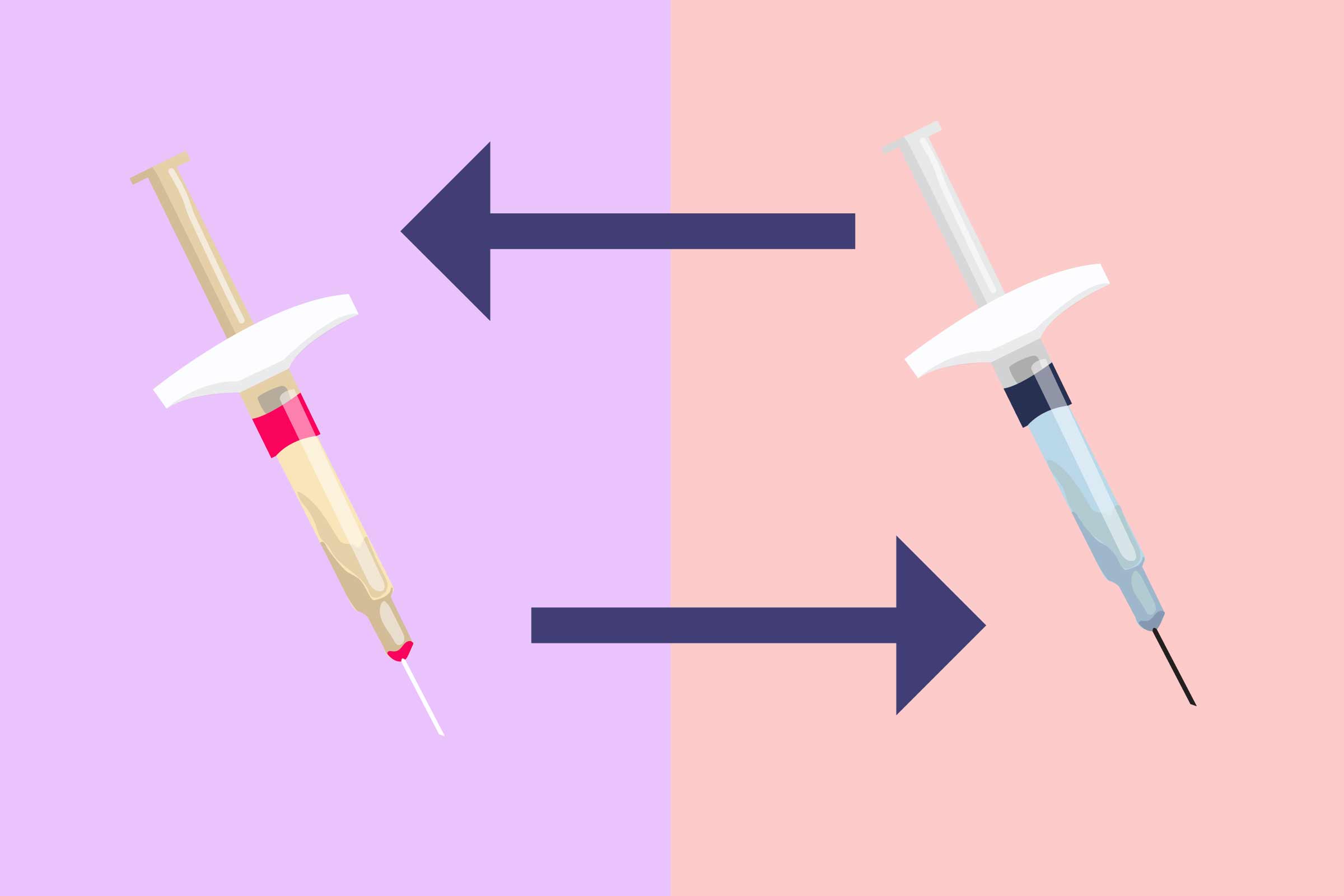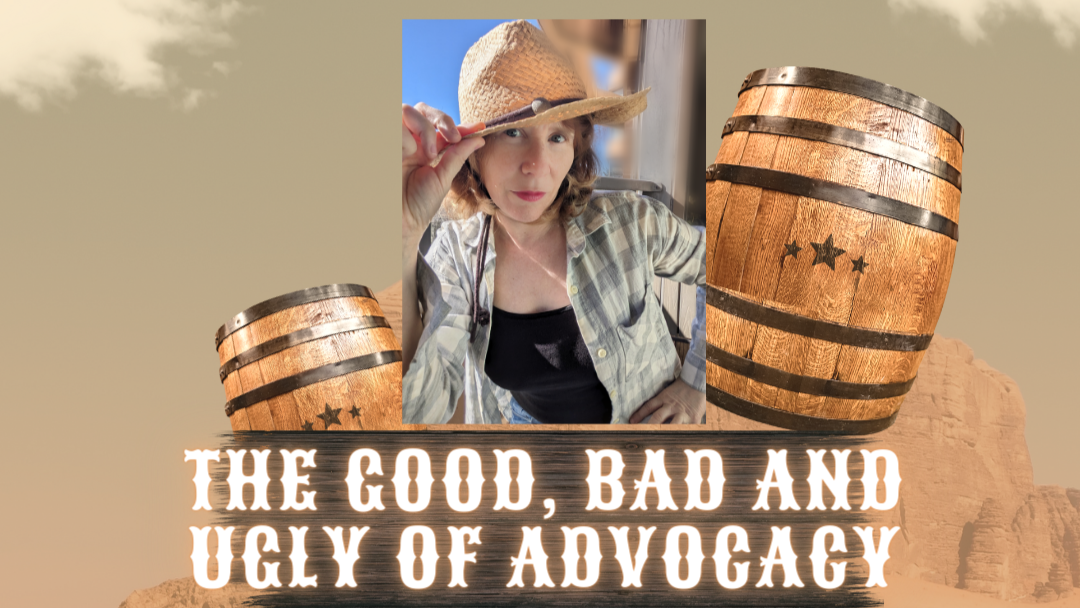Back in November 2020, just two days after I got to hear Dr. Anthony Fauci speak about the state of the pandemic and the promise of COVID-19 vaccine development at a medical conference of the American College of Rheumatology, I heard the initial news about the clinical trial results for Pfizer’s vaccine. It was almost too perfect of a set-up; a sign of hope that I would soon get my own “Fauci Ouchie.”
But that joy and relief were short lived. I quickly learned that, despite having a compromised immune system due to my rheumatoid arthritis (RA), I would have to wait a while for the COVID-19 vaccine. Just another moment of frustration in this whirlwind of emotions during the course of the COVID-19 pandemic.
Back in December 2020, the National Advisory Committee on Immunization (NACI) originally said, due to limited data, that the COVID-19 vaccine “should not be routinely offered” to people who are immunosuppressed or who have an autoimmune condition. This was particularly confusing and frustrating because U.S. medical organizations were saying the opposite, and even encouraging people with such conditions to get vaccinated.
But in Canada, the announcement of the vaccine roll out didn’t specify when people who live with diseases like mine could get the vaccine. After all, clinical trials did not include people who take immunosuppressant medication (as I do for my RA), so there was no data on how us immunocompromised people would respond to the COVID-19 vaccine. Would it protect me the same way it protected “healthy” people? Could side effects exacerbate my RA symptoms? What are the long-term effects? There were, and still are, so many unknowns when it comes to the COVID-19 vaccine and immunocompromised community.
The NACI changed their statement in January, saying that these groups “may be offered” the vaccine if it’s determined that the benefits of getting vaccinated outweigh the potential risks.
And later that month, the Canadian Rheumatology Association said in a statement:
- Individuals deemed eligible by Health Canada prioritization to receive the COVID-19 vaccine and who have an autoimmune rheumatic disease, or are immunosuppressed due to treatment, should receive the vaccine.
- They should be counseled about the unknown vaccine safety profile in these populations, in addition to the unknown effectiveness, and the potential for lower vaccine response in those who are immunosuppressed.
- Even after vaccination, patients, particularly those who are immunosuppressed, will need to continue to follow all current public health guidelines to protect themselves against COVID-19.
This was promising news. Despite the unknowns about the COVID-19 vaccine in rheumatic diseases, I felt pretty sure that I would want to get it when I became eligible. The COVID-19 pandemic has been hard on me and my son Jacob for too many reasons to count. It’s been a roller coaster of emotions, trying to protect us from exposure to the virus — knowing I could be at increased risk of complications because of my health issues — while also trying to make sure we stay mentally healthy. Being cooped up for this long has not been good for me or my son.
Getting vaccinated would be the first step toward reclaiming some “pre-pandemic normalcy” in our lives.
Now I just had to wait until the vaccine became available to me, in British Columbia.
The Letter I’d Been Waiting For
When I checked my mail on March 24, I received a letter from our provincial health officer Dr. Bonnie Henry saying that I, Eileen Davidson, would soon be able to register for my COVID-19 vaccine because my condition made me part of an extremely vulnerable group. In five days, I would be eligible to register for my first dose of vaccine. I never knew I would be so excited to get a needle.
Down came the tears of joy.
I shared the news of my letter on social media, which quickly gathered the attention of CTV News. Before I knew it, I was sharing my excitement and tears on television. I started crying during the interview, not just out of relief for myself, but for all the immunocompromised people across British Columbia. We were being heard and getting our shot — literally.
But then the fear of the unknowns started to sink in again, and I realized I had to get some answers in order to make the best choice in regard to my COVID-19 protection. At this point, my questions weren’t about whether or not to get the vaccine — I was all in on that decision — but rather whether I would make any changes to my medication regimen.
I had been keeping myself updated on the more current, accurate information about COVID-19 and rheumatic illnesses. Throughout the pandemic I have been watching what information Creaky Joints, The Canadian Arthritis Patient Alliance, and Arthritis Research Canada published.
I still thought it was best to consult with my rheumatologist. With my biologic infusion (Actemra, an IL-6 inhibitor biologic) date coming up, I wanted to know whether I could get the vaccine soon or if I needed to wait until after. I also wanted to know if it mattered which vaccine I got.
By this point many patients had been calling in and asking the same question, so I spoke with my very informed infusion nurse, who said I should get the vaccine as soon as I could, and to get whichever one they were offering me.
The Canadian Rheumatology Association says there “is currently no data to make a recommendation of whether DMARDs should be withheld at any point during the COVID-19 vaccination schedule.” The American College of Rheumatology recommends withholding a few certain medications after the vaccine, such as methotrexate, in order to help increase the immune response, but my biologic is not one of them. You can see their recommendations on the U.S. CreakyJoints site.
Armed with my knowledge, I called the vaccine registration line on Monday March 29, 2021 to set a date the day the lines were open. Of course, I wasn’t the only person calling. It took a few days before I could even get through to make my appointment, which was scheduled for a week later — coincidentally, and very meaningfully, on the six-year anniversary of my RA diagnosis.
A Day of Reflection
The day I received my first dose of the Pfizer COVID-19 vaccine, I found myself reflecting on the day I was diagnosed with RA, the very disease that bumped me up on the vaccine eligibility list. Since that day, I’ve learned a lot about health. I’ve learned how fragile it can be, something that’s only been magnified by the COVID-19 pandemic that has resulted in anxiety, fear, and loss for so many.
I’ve learned to trust modern medicine, which helped in my decision to get the vaccine. I was not afraid to get the vaccine — I mean, I’ve tried medications with much more worrisome potential side effects over the course of my time with RA.
I made a point to clear my schedule for several days after my vaccine and planned on taking it easy that night. But it turns out I was feeling energetic (probably the adrenaline of knowing I was one step closer to COVID-19 protection). I even cooked my own dinner.
The next day I was groggy. My body ached — not just where the shot was administered — and I was fighting off a mild headache. It was similar to how I feel after getting a flu vaccine. Fortunately, the side effects were mild, and I was back to myself within 48 hours. I wonder if they were also exacerbated because of my menstrual cycle, which tends to trigger some of my RA symptoms close to my period.
Needless to say, I’ve gone through far worse with RA.
Now that I have my first dose of the vaccine, I have a sense of relief. But more than anything, I have hope. I have hope that this will end soon, and that people will stop losing their lives to this virus. But that hope will only last if people continue to get vaccinated.
I decided to get the vaccine because I want to protect myself and others from the coronavirus. I want to take my part in diminishing this pandemic so we can return to living our lives again.
Stay in Touch with CreakyJoints Canada
Part of the nonprofit Global Healthy Living Foundation, CreakyJoints is a digital community for millions of arthritis patients and caregivers worldwide who seek education, support, advocacy, and patient-centered research. All of our programming and services are always provided free of charge. As we grow CreakyJoints Canada we want to hear from you. Please join our email list to stay connected, learn about new content and initiatives, and send us suggestions and ideas.

